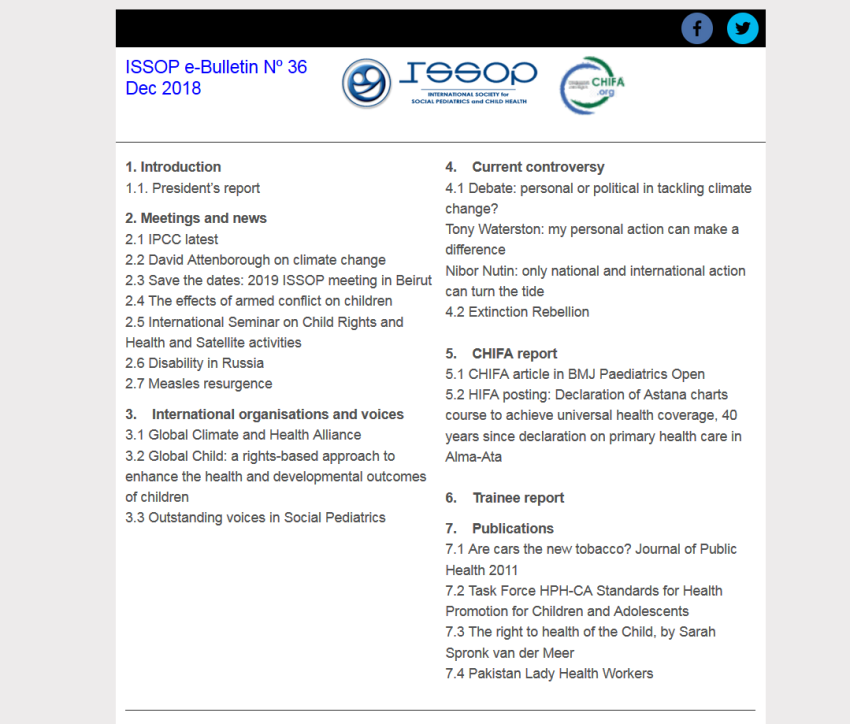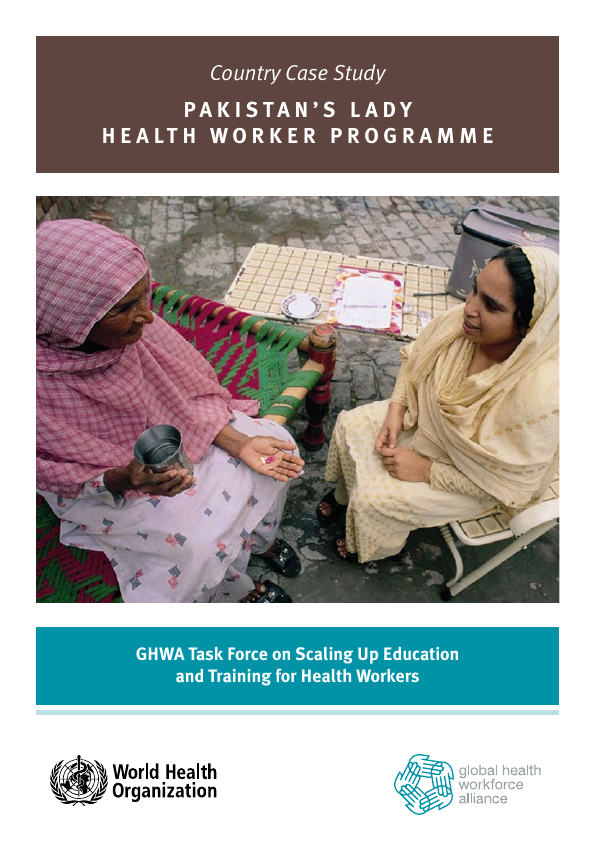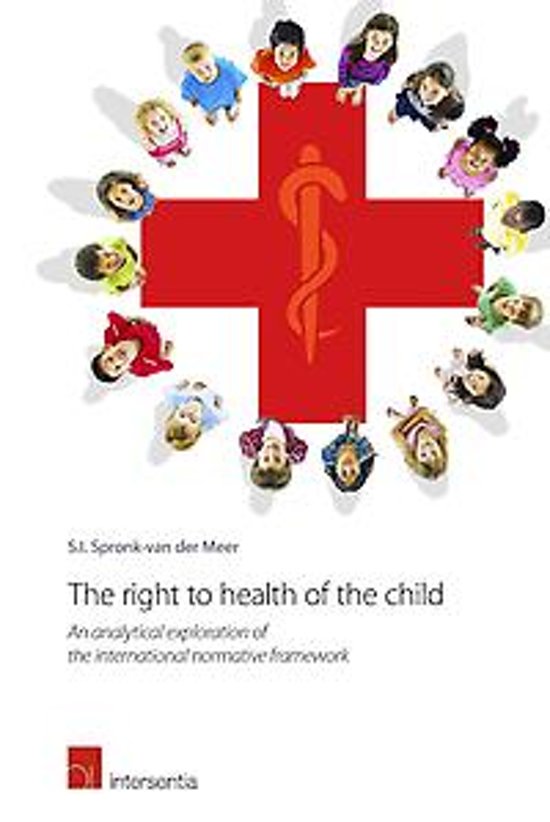e-bulletin 36 – 2.6 Disability in the Russian Federation
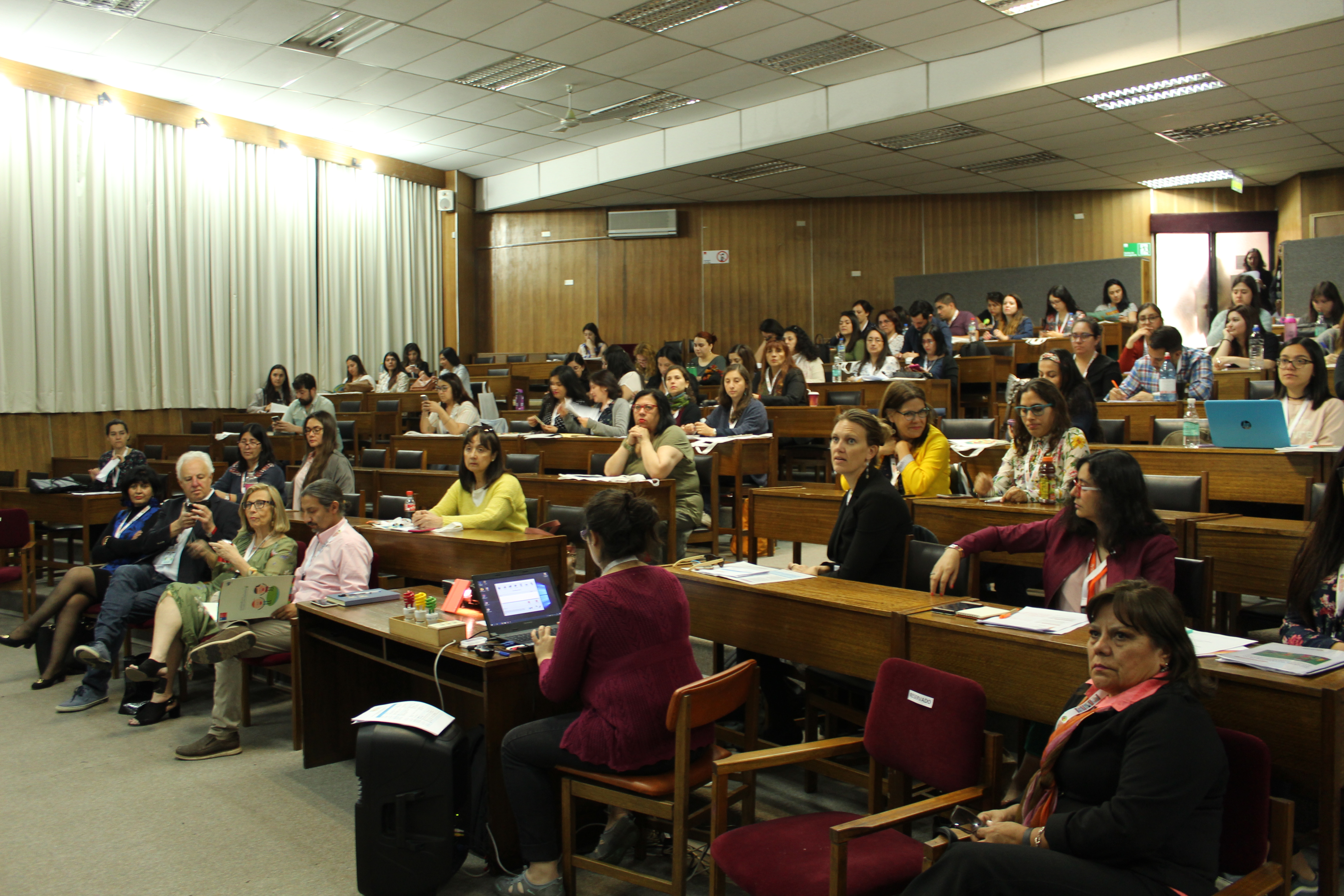
e-bulletin 36 – 2.5 International Seminar on Child Rights and Health and satellite activities
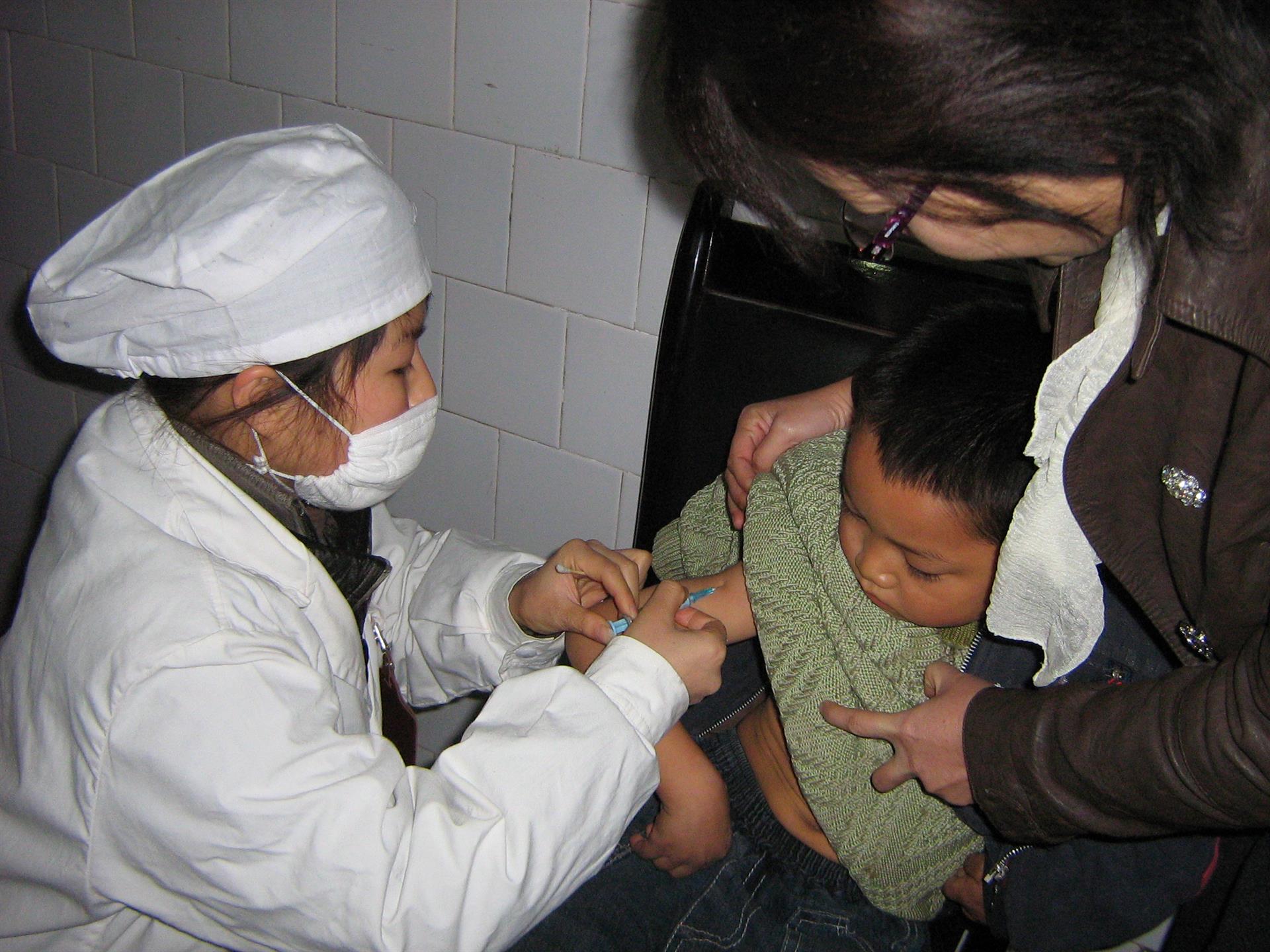
e-bulletin 36 – 2.7 Measles resurgence
Dear colleagues,
Let me introduce Rimma Terletskaya, honoured doctor of the Russian Federation, Professor, PhD, Chief researcher of National Medical Research Center of Children’s Health (Moscow). She is highly experienced in the field of child public health (more than 40 years). Among others important issues she studied impact of radiation, as a result of the Chernobyl accident, on children health. She devoted many years to research in the area of infant mortality. Currently she continues to conduct a research about social aspects of children morbidity, disability and mortality in the Russian Federation.
Children disability is the priority issue in Russia now. We would be happy if colleagues share their problems and challenges in this field.
Natalia Ustinova
The problems of children’s disability in the Russian Federation
Recently there is steady increasing the number of children with disabilities in the Russian Federation. There are 651 thousand disabled children under the age of 18 who are entitled to receive the social assistance what is about 2% of the total children’s population. This is less than proposed number according to experts accounting. There is an underestimation of children’s disabilities due to various reasons: social motivation of the family (“disability is like a stigma”), strict requirements of the medical and social expertise service, insufficient awareness of the criteria for disability of medical specialists. About 280 thousand children with disabilities are not recognized as disabled and are not provided with social protection measures by the state and appropriate medical support.
The age and gender structure of childhood disability remains almost unchanged. The largest group consists of disabled children aged 10-14 years. Boys predominate in all age groups among children with disabilities. In the long-term prevalence observation of childhood disability more than 60% comprise mental disorders, diseases of the nervous system and congenital abnormalities.
Increasing prevalence of disability due to neoplasms, diseases of the endocrine and nervous systems and mental disorders has been noted. In the structure of mental disorders, the largest share is attributed to mental retardation (61%), diseases of the nervous system – cerebral palsy and other paralytic syndromes (59%), congenital malformations – congenital anomalies of the circulatory system (24%), chromosomal disorders (13%) and anomalies of the nervous system (11%).
The existing legislation and government documents identify areas and measures that, when implemented, can affect the situation of children with disabilities. However, children with disabilities continue to experience great difficulties due to the fact that their special needs are met insufficiently as yet.
Serious problems occur in the activities of the system of medical and social expertise and in the comprehensive rehabilitation of disabled children. For example, the provision of medical and social expertise is often delayed, and full coverage of all children with disabilities by individual rehabilitation programs is not ensured. Currently, only 50% of children in need are receiving medical rehabilitation, due to the shortage of hospital beds, the lack of trained medical personnel and clinical guidelines for providing rehabilitation assistance to them.
For improving the functioning of the system of medical and social expertise and rehabilitation to persons with disabilities, the transition to the “International Classification of Functioning, Disability and Health, version for Children and Youth” (2007), which has not yet been implemented in the country, is needed.
The problem is the lack of continuity between the structures involved in the rehabilitation at a particular stage of treatment or socialization of the child.
The system of rendering medical and social assistance to children with disabilities requires a multidisciplinary approach. The joint work of medical and pedagogical specialists and social workers will provide timely comprehensive care for a disabled child.
Rimma Terletskaya


